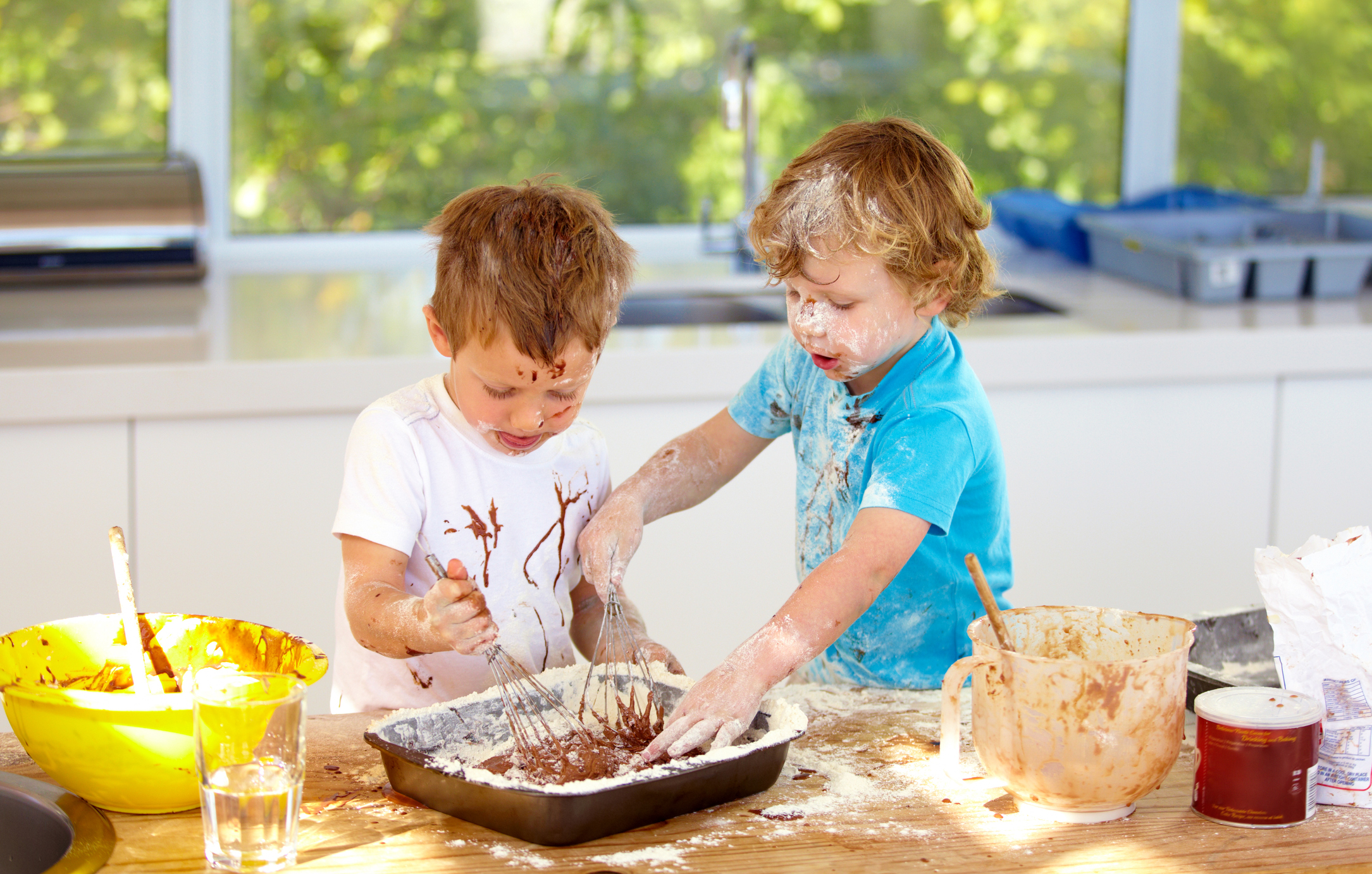
So this might date me, but let me tell you what it was like when I was a kid. If I got in trouble at school, I got in twice as much trouble at home. I think there are more than a few parents who remember that.
So what happened?
Consider one of CNN’s most shared articles written by a teacher about “What Teachers Really Want to Tell Parents.” I don’t agree with everything he says, but I think he may have a point.
If you rescue kids from every potentially negative consequence associated with their behavior, how will they ever desire deep change?
Why do we want to shelter our kids from the consequences of their actions?
Why do we side with our kids, not the teacher?
Why do we help them so much with their homework that it’s pretty much our project?
Why do we intervene in their relationships to make sure all the hurt feelings get eased?
Why do we pick up their socks and towels?
Doesn’t it make sense to let them experience some cause and effect early in life before the stakes are higher?
What if our kids started experiencing these kinds of scenarios while they’re still at home?
- If you don’t study, you might fail the test.
- If you spend all your allowance at the mall, that simply means you won’t be able to use it for anything else. And the bank doesn’t reopen until next allowance.
- If you stayed up too late, you still have to go to school. I guess it means you’ll miss out tomorrow night when you want to hang out with your friends so you can rest up. That’s too bad.
- I doubt the teacher would have called home if there were no issue. So let’s try to get to the bottom of it, shall we?
It’s a little easier than to experience these kinds of consequences later in life:
- If you don’t learn grammar and proper punctuation, you might not be able to keep that job you’re so excited about.
- The credit card companies are a little less forgiving than mom and dad were when it comes to repayment.
- Your spouse might be less tolerant of your gaming addiction than your momma and daddy were.
- When you say things like that, it actually poisons a relationship. Real people get really hurt.
In fact, as a parent, you hardly need to get angry with your kids for messing up if you allow them to feel the consequences of their action. They’ll feel it. And they might stop.
The stakes are much lower at age 5 or 15 than they are at 25 or 45. So why not help them experience cause and effect now?
What consequence do you think your child or teen might need to feel this week?



